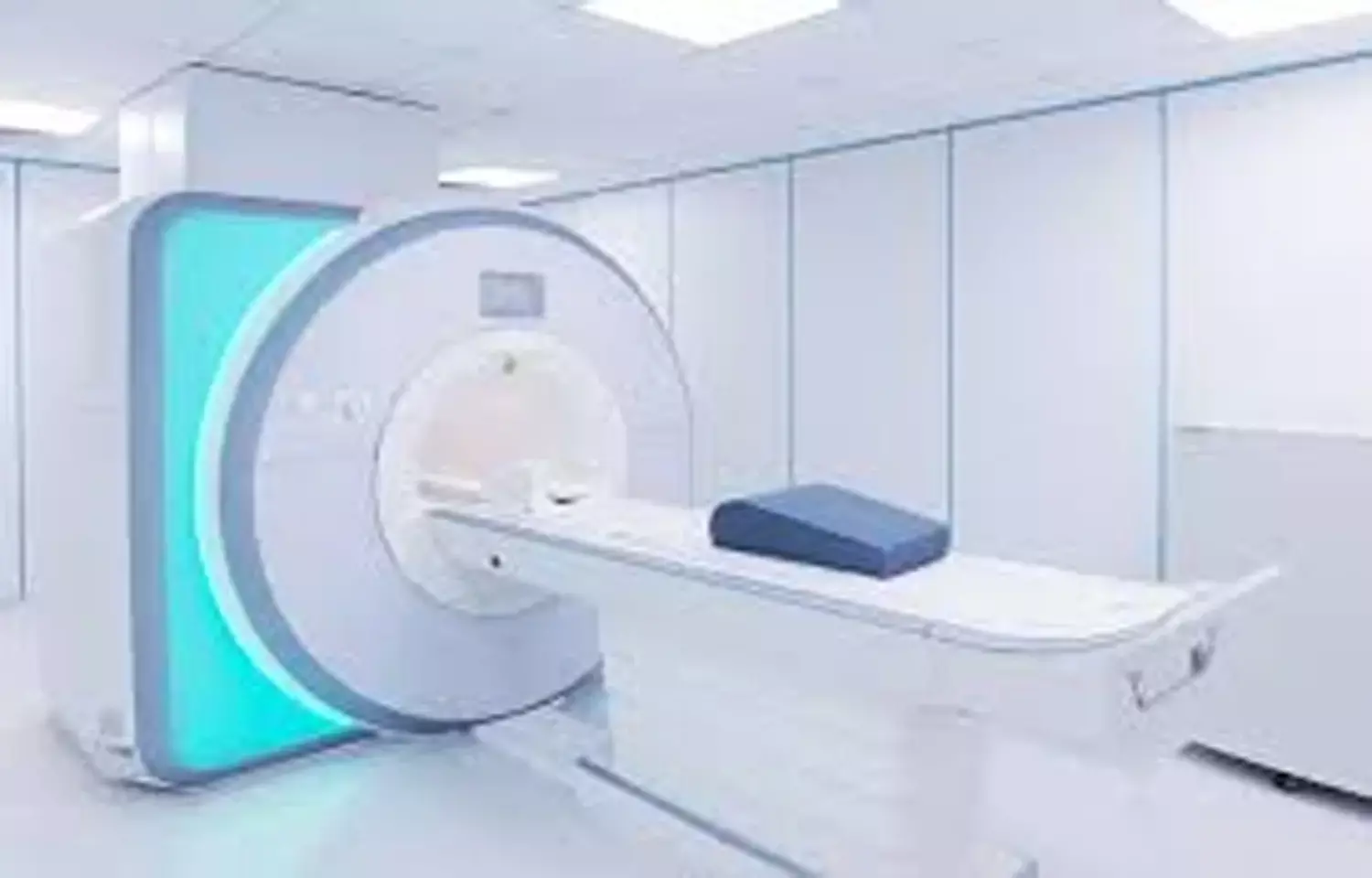- Home
- Medical news & Guidelines
- Anesthesiology
- Cardiology and CTVS
- Critical Care
- Dentistry
- Dermatology
- Diabetes and Endocrinology
- ENT
- Gastroenterology
- Medicine
- Nephrology
- Neurology
- Obstretics-Gynaecology
- Oncology
- Ophthalmology
- Orthopaedics
- Pediatrics-Neonatology
- Psychiatry
- Pulmonology
- Radiology
- Surgery
- Urology
- Laboratory Medicine
- Diet
- Nursing
- Paramedical
- Physiotherapy
- Health news
- Fact Check
- Bone Health Fact Check
- Brain Health Fact Check
- Cancer Related Fact Check
- Child Care Fact Check
- Dental and oral health fact check
- Diabetes and metabolic health fact check
- Diet and Nutrition Fact Check
- Eye and ENT Care Fact Check
- Fitness fact check
- Gut health fact check
- Heart health fact check
- Kidney health fact check
- Medical education fact check
- Men's health fact check
- Respiratory fact check
- Skin and hair care fact check
- Vaccine and Immunization fact check
- Women's health fact check
- AYUSH
- State News
- Andaman and Nicobar Islands
- Andhra Pradesh
- Arunachal Pradesh
- Assam
- Bihar
- Chandigarh
- Chattisgarh
- Dadra and Nagar Haveli
- Daman and Diu
- Delhi
- Goa
- Gujarat
- Haryana
- Himachal Pradesh
- Jammu & Kashmir
- Jharkhand
- Karnataka
- Kerala
- Ladakh
- Lakshadweep
- Madhya Pradesh
- Maharashtra
- Manipur
- Meghalaya
- Mizoram
- Nagaland
- Odisha
- Puducherry
- Punjab
- Rajasthan
- Sikkim
- Tamil Nadu
- Telangana
- Tripura
- Uttar Pradesh
- Uttrakhand
- West Bengal
- Medical Education
- Industry
Whole body MRI may help detect myeloma earlier, finds study

Researchers from King's College London have shown that whole body magnetic resonance imaging (WBMRI) not only detects more myeloma-defining disease than positron emission tomography/computed tomography (PET/CT) with 18F-fluorodeoxyglucose (FDG) but that it also allows critical treatment to be initiated earlier.
In a study published today in the European Journal of Nuclear Medicine and Molecular Imaging, researchers looked at 46 patients with suspected myeloma, a debilitating bone marrow cancer which sees 140,000 new cases each year globally.
Less than 50 percent of patients survive after five years and at present it is not clear which is the best imaging test to use.
Lead researcher Professor Vicky Goh from King's College London said WBMRI is the most sensitive test for bone marrow infiltration by myeloma compared to PET/CT or CT alone as this type of imaging shows up different processes within the skeleton.
"Our results showed that imaging with WBMRI changed how patients would have been managed by their doctors in 24 percent of cases, where review of clinical data alone would have resulted in surveillance only."
"What this ultimately means for patients is improved outcomes from earlier treatment."
"WBMRI resulted in a decision-to-treat in an additional 7 percent of patients compared with PET/CT."
Professor Goh said that WBMRI & PET/CT only agreed on a positive diagnosis of myeloma in 59 percent of patients. Just under half of the patients did not have FDG-avid disease and would have been undetected by PET alone.
Professor Goh said the study supports national guidance for improving healthcare distributed by The National Institute for Health and Care Excellence (NICE) that WBMRI should be performed as a first-line imaging test for suspected myeloma.
"Earlier diagnosis and treatment is key to improving patient outcome. Forty percent of NHS hospitals still only perform X-rays, an insensitive test, for diagnosing bone disease in suspected myeloma. This clearly needs to change."
Hina Zahid Joined Medical Dialogue in 2017 with a passion to work as a Reporter. She coordinates with various national and international journals and association and covers all the stories related to Medical guidelines, Medical Journals, rare medical surgeries as well as all the updates in the medical field. Email: editorial@medicaldialogues.in. Contact no. 011-43720751
Dr Kamal Kant Kohli-MBBS, DTCD- a chest specialist with more than 30 years of practice and a flair for writing clinical articles, Dr Kamal Kant Kohli joined Medical Dialogues as a Chief Editor of Medical News. Besides writing articles, as an editor, he proofreads and verifies all the medical content published on Medical Dialogues including those coming from journals, studies,medical conferences,guidelines etc. Email: drkohli@medicaldialogues.in. Contact no. 011-43720751


